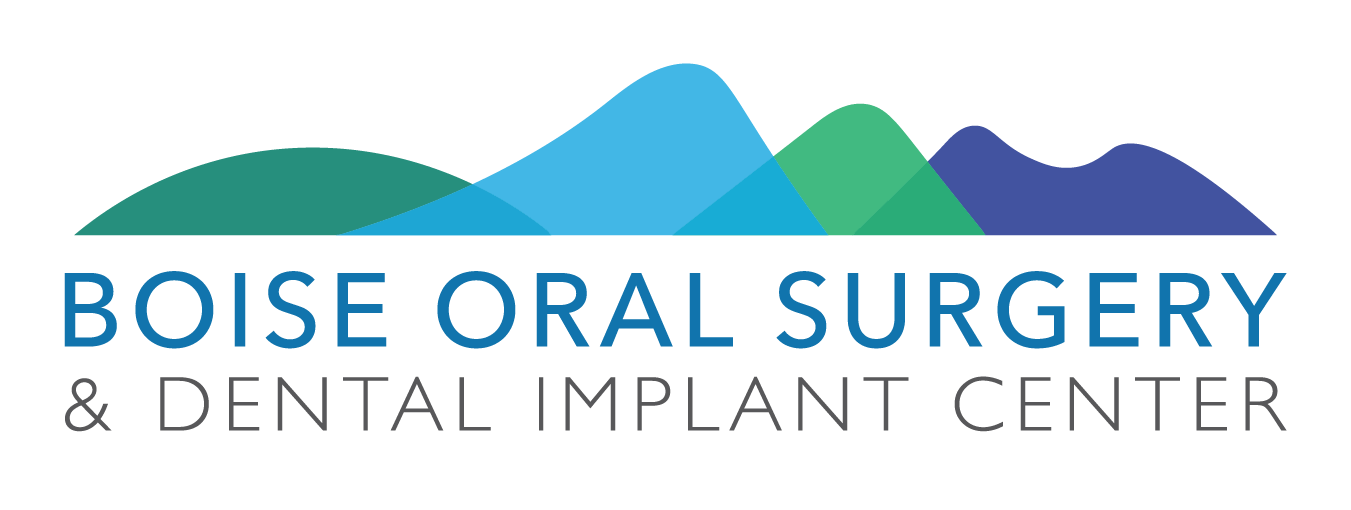Oral Surgery News & Blog
Boise Oral Surgery & Dental Implant Center
Your wisdom teeth are the last remaining teeth to emerge in your mouth. Usually, wisdom teeth begin to erupt around the ages of 17-24. For some people, these adult molars may never appear, or they may grow in without any problems. But for others, wisdom teeth have the potential to create complications under the gum lines, which may lead to infections and other health-related issues. Such cases often necessitate extraction. So, how do you know if your wisdom teeth are coming in?
First Signs Your Wisdom Teeth are Coming In
One of the telltale signs that your wisdom teeth are beginning to emerge is feeling tenderness or discomfort around the back of your mouth. This can either be on both sides of your mouth, or just one side. You may also notice that your gums are swollen.
Another sign that your wisdom teeth have arrived is the onset of headaches. When wisdom teeth become trapped under the gums, there is a buildup in pressure, which can trigger headaches. Some people already experience frequent headaches; thus, allowing any wisdom teeth pain to go unnoticed. Always attend regular check-ups with your dentist so they can monitor the condition of your oral health and help determine the source of any pains.
Other common signs that your wisdom teeth are emerging include:
- Bleeding or tender gums;
- Swelling of the gums or jaw;
- Jaw pain;
- Unpleasant taste in your mouth; and/or
- Difficulty opening your mouth.

As wisdom teeth begin to erupt, sometimes only part of the tooth will emerge, making gum tissue susceptible to infections. Food may get lodged in tiny openings, becoming difficult to remove even with flossing and brushing. This can escalate into a serious infection known as pericoronitis, which is often both uncomfortable and painful, especially if left untreated.
What Should You Do Next?
If you are experiencing any of the above symptoms, it might be time to contact your general dentist or our team at Boise Oral Surgery & Dental Implant Center. We can determine whether you need your wisdom teeth removed. Even if you are not experiencing pain or other symptoms, your dentist may recommend wisdom tooth extraction to prevent problems in the future.
Practicing good oral hygiene may temporarily relieve pain, but ignoring the symptoms altogether will put your oral health at serious risk. For other questions regarding wisdom teeth and wisdom tooth extraction, consult our guide to wisdom teeth removal.
Dr. Jeffrey Scott Bobst is an oral and maxillofacial surgeon with board certifications from the American Board of Oral and Maxillofacial Surgery. He and his staff make it a point to treat each patient as their own person with specific oral health needs. We’ll work with you to create a treatment and post-operative plan that makes the most sense for you. We don’t just work with wisdom teeth. We’re also proficient in a number of procedures, such as bone grafting, corrective jaw strategy, and oral pathology screening.
If you have any remaining questions, or would like to request an appointment, get in touch with us.





